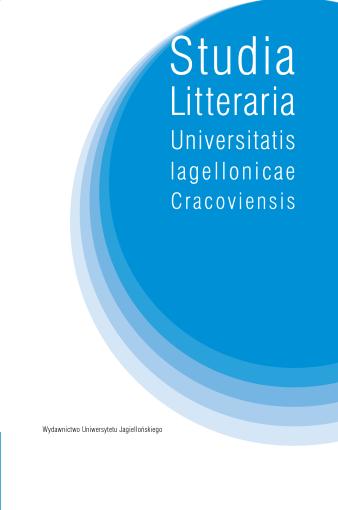Unwanted Neighbours, Unwanted Memory. Slovak–Roma
Relations in Marek Vadas’s Six Strangers
Unwanted Neighbours, Unwanted Memory. Slovak–Roma
Relations in Marek Vadas’s Six Strangers
Author(s): Rafał MajerekSubject(s): Slovak Literature, Sociology of Literature
Published by: Wydawnictwo Uniwersytetu Jagiellońskiego
Keywords: Roma; racism; Slovak-Roma relations; Marek Vadas; Slovak literature;
Summary/Abstract: In contemporary Slovakia, the Roma population are often seen as unwantedneighbours – a marginalised community, which experiences discrimination in variousspheres of life. Anti-Romani sentiment, which constitutes the basis of negative attitudes to-ward the Roma minority, is hardly a new phenomenon; its manifestations, including specif-ic acts of violence, can be found in the past. One of the examples of this kind of violence– the bloody pogrom in Pobedim carried out against the Romani populace by their Slovakneighbours in 1928 – offer a starting point for Marek Vadas’s Six Strangers (Šesť cudzincov,2021). The historic site of the massacre, which is not commemorated in any form, has be-come a non-site of memory, while the tragic events have been pushed out of Slovak historicalconsciousness. Vadas’s prose is an attempt to bring them back to the collective conscious-ness and raise a number of important questions concerning the operation of cultural codesthat permit and justify violence, the position and responsibility of the bystanders, as well assilence as a form of complicity in acts of aggression. In addition, it introduces a contempo-rary perspective, pointing to the persistence of mechanisms of discrimination, stigmatisa-tion and exclusion of the Others, understood in many different ways, from the community.
Journal: Studia Litteraria Universitatis Iagellonicae Cracoviensis
- Issue Year: 18/2023
- Issue No: 3-4
- Page Range: 271-279
- Page Count: 9
- Language: English

